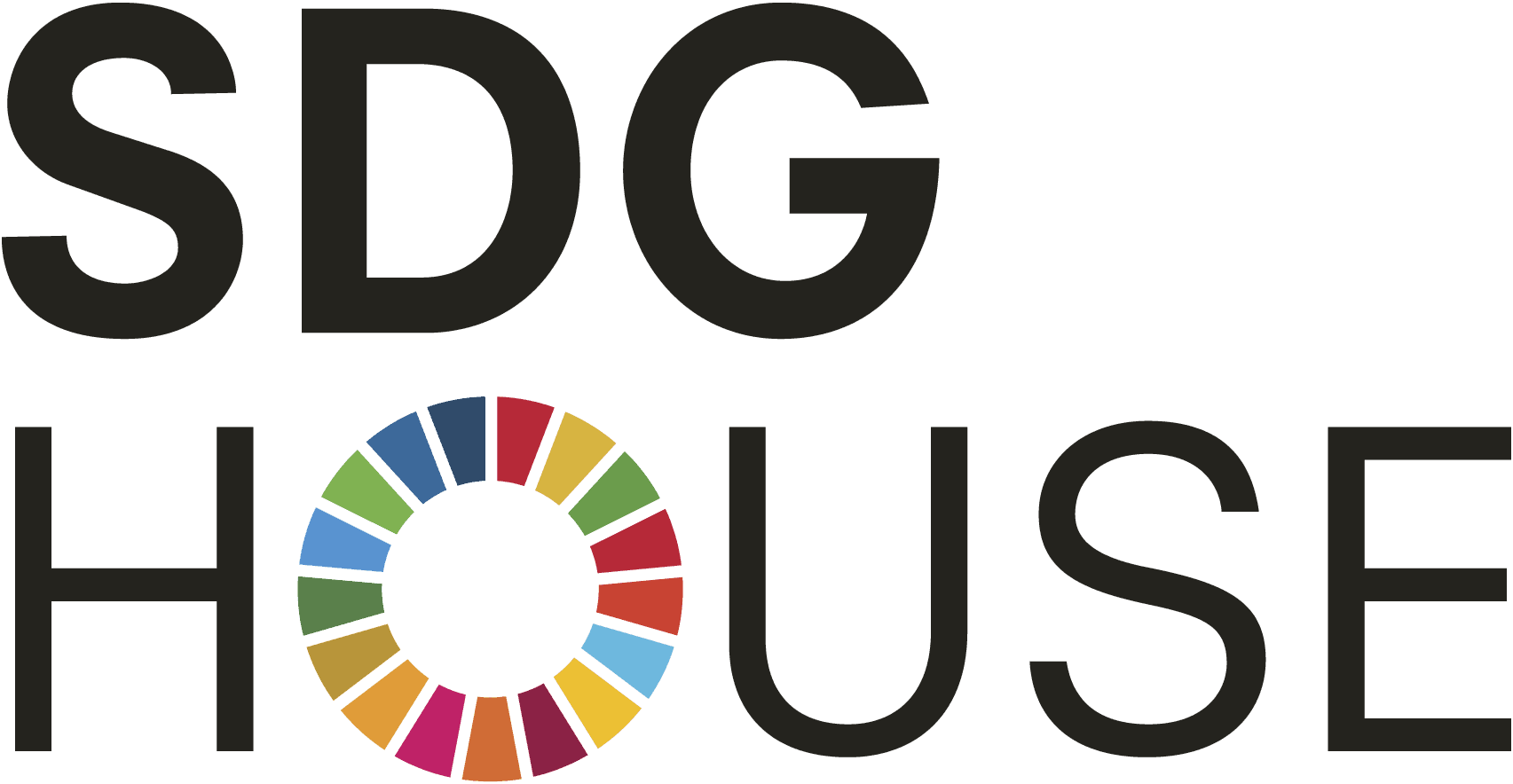SDG Talk 4 Team Gemeente Hilversum
The previous talks were predominantly focused on the graveness of the situation, the current state of affairs and the practical tools that are needed in order to bring about change. This talk however focused on inciting inspiration and provided many examples of successful implementations of the SDGs. Rob van Tulder has continuously emphasised the importance of positive framing and in this blog we will elaborate more on the psychology behind this and the practical examples that we were presented with.
When watching the news, we are bombarded with negative news concerning the happenings of the world.The messages we receive regarding the severity of the climate crisis are immense. Psychological research suggests that high exposure to negative stimuli can make us numb to these types of stimuli. Because we are exposed to negative stimuli on such a frequent basis, our brains numb the emotional experience as a self protection mechanism. This deprivation of sensation however, is counterproductive to succeeding in the SDGs as it leads to inactivity instead of change.
Research has shown that the way forward is through positive framing. Focusing on what has already happened, what progress has been achieved and how tremendous amounts of people are dedicated towards attaining the SDGs. Our lecturer gave many examples of this and emphasised that one of the most important lessons to be gained from the integration of SDGs is that one should not deter from executing ‘good practise’ through only focusing on finding the ‘best practise’. In other words: the perfect ought not to stand in the way of the good. Focusing on the positive aspects further reinforces the idea of using positive frames as it enables the garnering of broad societal support structures (civil, corporate, governmental) for the SDGs.
This lecture provided many examples of companies, institutions and people who are engaged in the successful implementation of the SDGs. Two of such people are Jesse Arnon and Naomi Montenegro Navarro, who came to speak to us about their inspirational stories. With his work, Jesse focused on how farmers could earn fair wages for their labour and goods. Through this, one could directly contribute to the eradication of poverty (SDG 1) and the implementation of a durable production chain (SDG 12). Naomi on the other hand, focused her work on how to establish a collaborative business model and thereby transform entire chains.
The previous lectures provided us with information and tools on how to tackle global problems. This lecture focused on inciting inspiration and fuelling our desire to join the transformational process, and it did so successfully. By focusing on the collective progress we have already made and providing real life examples of how we can implement change, we became more motivated to embark on our personal journey on how to contribute to bettering the world. From our team to yours: stay positive!



